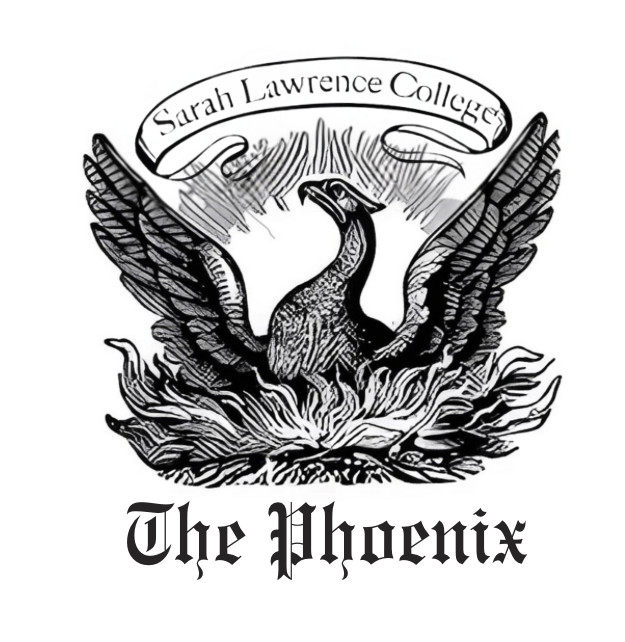New Story Suggests Sylvia Plath’s Fascination with Holocaust Began Long Before “Daddy”
Sylvia Plath. PHOTO CREDIT: Smith College Archives.
Sylvia Plath released her newest story this spring. It was written in 1952. If the reviews are any indication, “Mary Ventura and the Ninth Kingdom” will be taught as metaphor for her own tragic fate, the poet committing suicide at age 30. But the real impact of the short story on scholarship is the revelation that Plath was thinking about the Holocaust as a young woman.
In 1952, Plath was a college sophomore. This was the same year Anne Frank's The Diary of a Young Girl would be published in English, though Plath had yet to read it. It was nearly a decade before the film “Judgment at Nuremberg.”
With this new story, we now know the Holocaust was on Plath’s mind as early as her time at Smith College. “Mary Ventura,” which Plath unsuccessfully tried to publish in the mainstream Mademoiselle magazine, attempts to identify with its victims by imagining the Holocaust happening to a young American woman.
Plath, herself a Unitarian, was a first-generation German-American on her father’s side and a second-generation German-American on her mother’s. Her 1962 poem “Daddy,” written in the months leading up to her suicide, relies on the extended metaphor that the speaker is the Jew to her father’s Nazi.
The poem is essentially a daughter’s Dear John letter to her dead German father. The speaker blames Daddy for her suicide attempt and her doomed relationship with a man “with a Meinkampf look.” The speaker goes as far as to compare her life to that of a Holocaust victim, “An engine, an engine / Chuffing me off like a Jew. / A Jew to Dachau, Auschwitz, Belsen. / I began to talk like a Jew. / I think I may well be a Jew.”
Plath attempted to separate herself from her poem’s speaker; Plath’s father died when she was 8, the speaker’s at 10. Plath was historically unsuccessful. “Daddy” is the reason many of my poetry-loving peers at Sarah Lawrence refuse to read Plath. It is cultural appropriation, they tell me.
“Mary Ventura” may change that. The new short story, which debuted in softback in January, revolves around a young woman named Mary Ventura. In the beginning, her parents put her on a train to the country; the station bears the name Ninth Kingdom on her black ticket in red letters. The father in this story is nowhere near the brute in “Daddy,” though he is described as “anonymous,” as if he was “traveling incognito.”
In addition to the Holocaust, “Mary Ventura” makes allusions to The Wizard of Oz and Dante’s Inferno. Once on the train, Mary makes friends with her seatmate, who shows Mary the glamour of the smoker and the dining cars while reminding her, “You pay for it all in the end.” The story takes a turn when Mary witnesses the horror of a woman being roughed up, and then forced off the train by the conductor.
Mary’s fate is tied to this ejected woman’s, as Mary learns, she is unable to change her ticket or make a return trip. The story ends with Mary running off the train, being chased by conductors, who say to each other, “The boss’ll fire us if we lose a soul this trip!”
The premise of “Mary Ventura” is rooted in a holocaust. As Mary makes her way to the train at the beginning of the story, Plath writes, “Extra, extra,’ newsboys were crying out headlines, selling papers at the doors of the train. ‘Extra . . . ten thousand people sentenced . . . ten thousand more people . . .” There are no other references to these people, except that Mary is told that, like Jews under the Nazi regime, her train is taking her to her death. As Plath writes, “Once you get to the ninth kingdom, there is no going back. It is the kingdom of negation, of the frozen will. It has many names.” Readers can’t help but imagine to Plath they are Dachau, Auschwitz and Belsen.
Jamie Jordan ‘19

